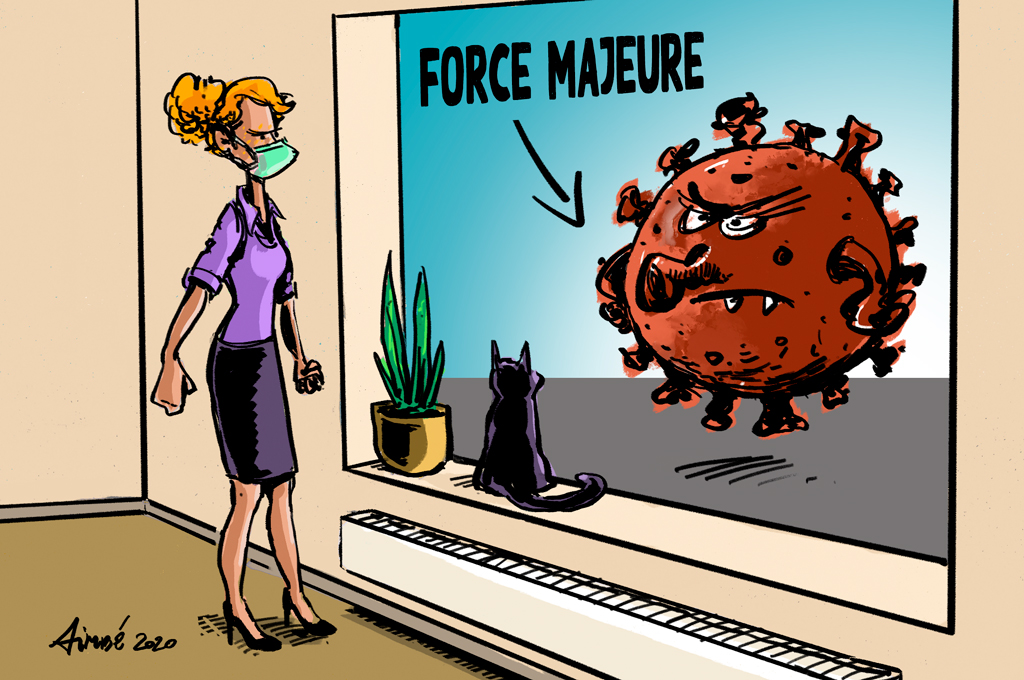Last Friday, stimulated by the realities of working during this COVID-19 pandemic and the concern over unequal access to technology, the Portuguese Parliament (formally, the Assembleia da República or in English, the Assembly of the Republic), passed new amendments to Portugal”s labor laws intended to protect Portugal’s remote workforce.
In brief, the new laws (which apply to companies with ten or more employees) mean that:
- Employers could face fines if they contact their employees outside work hours;
- Employers are forbidden from monitoring workers’ productivity while they are working remotely;
- Employees with children under the age of eight now have an explicit legal right to work at home – no longer requiring management approval; and
- Employers are required to help defray some of the costs their employees face as a result of working remotely (e.g., Internet connectivity; electricity, gas) and when they do so, the employer can write the reimbursement off as a business expense.
The amendments also made an effort to tackle the isolation and loneliness that employees may feel working from home by expecting employers to make arrangements for in-person meetings at least once every two months.
The Portuguese Republic was one of the first nations to adopt temporary remote working regulations and these are now formally part of the labor laws that apply to the Portuguese workforce.
If you need help or want more information about this or any other posting on Legal Bytes, don’t hesitate to contact me (Joe Rosenbaum) or any of the Rimôn professionals with whom you regularly work.











